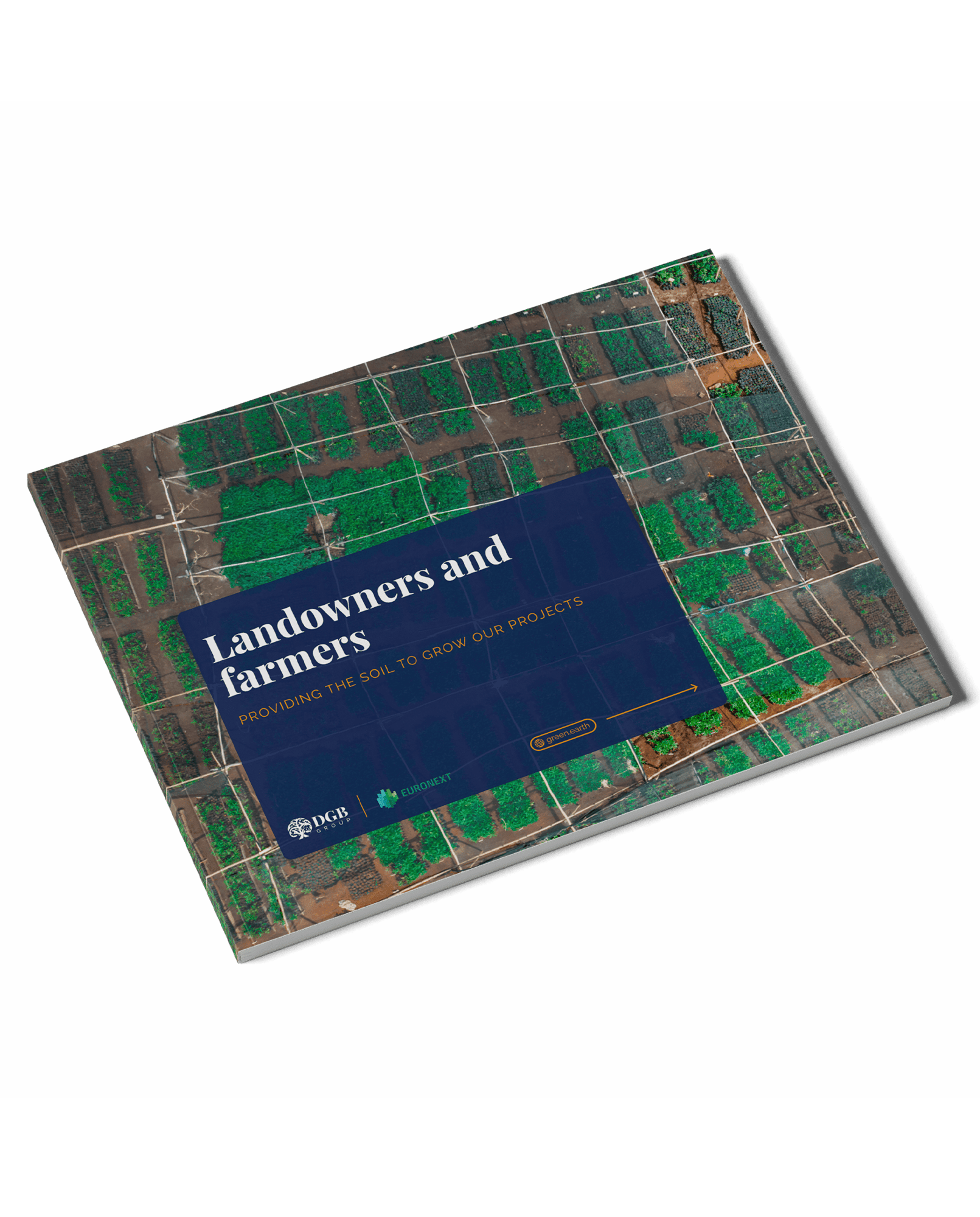After selling out quickly last year, the Kenya Beehive Project has moved from ambition to action—and..
Enroll and get paid easily
Empowering landowners with carbon credits
Everyone wins when companies pay you to grow larger, more carbon-rich trees. DGB enables every participating landowner in our projects to sell carbon credits, and no enrollment fee is required. Your forests have value well beyond timber. Join hundreds of landowners at DGB.
No fee and no commitment
No enrollment fees or acreage minimums are required to participate.
Guaranteed payment
Landholders are always guaranteed a minimum payment per carbon credit.




